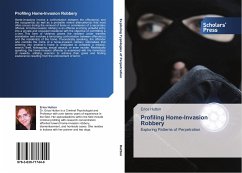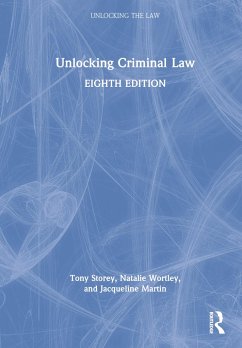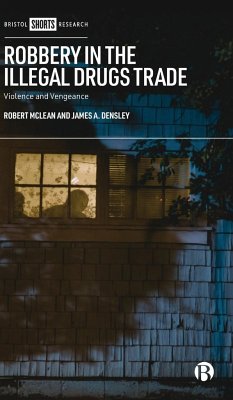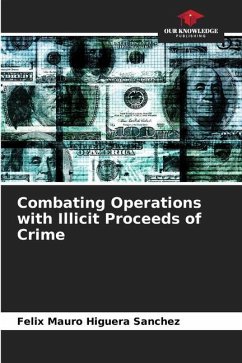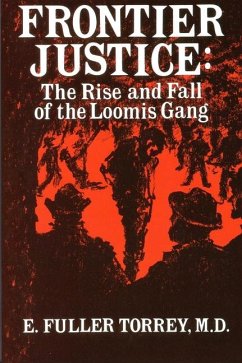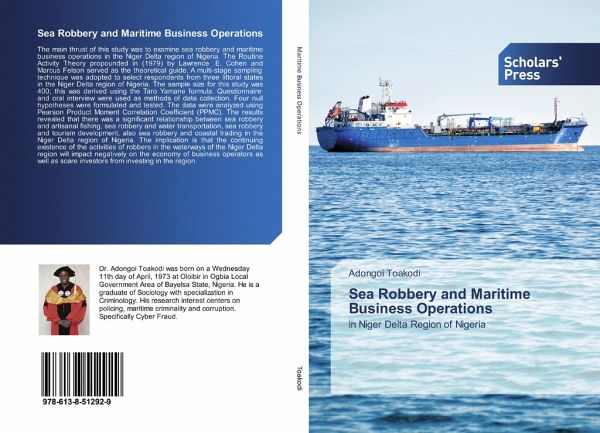
Sea Robbery and Maritime Business Operations
in Niger Delta Region of Nigeria
Versandkostenfrei!
Versandfertig in 1-2 Wochen
30,99 €
inkl. MwSt.

PAYBACK Punkte
15 °P sammeln!
The main thrust of this study was to examine sea robbery and maritime business operations in the Niger Delta region of Nigeria. The Routine Activity Theory propounded in (1979) by Lawrence .E. Cohen and Marcus Felson served as the theoretical guide. A multi-stage sampling technique was adopted to select respondents from three littoral states in the Niger Delta region of Nigeria. The sample size for this study was 400; this was derived using the Taro Yamane formula. Questionnaire and oral interview were used as methods of data collection. Four null hypotheses were formulated and tested. The dat...
The main thrust of this study was to examine sea robbery and maritime business operations in the Niger Delta region of Nigeria. The Routine Activity Theory propounded in (1979) by Lawrence .E. Cohen and Marcus Felson served as the theoretical guide. A multi-stage sampling technique was adopted to select respondents from three littoral states in the Niger Delta region of Nigeria. The sample size for this study was 400; this was derived using the Taro Yamane formula. Questionnaire and oral interview were used as methods of data collection. Four null hypotheses were formulated and tested. The data were analyzed using Pearson Product Moment Correlation Coefficient (PPMC). The results revealed that there was a significant relationship between sea robbery and artisanal fishing, sea robbery and water transportation, sea robbery and tourism development, also sea robbery and coastal trading in the Niger Delta region of Nigeria. The implication is that the continuing existence of the activities of robbers in the waterways of the Niger Delta region will impact negatively on the economy of business operators as well as scare investors from investing in the region.



